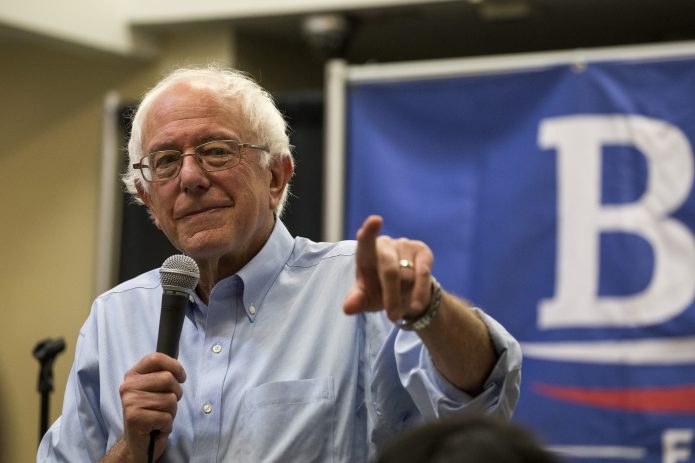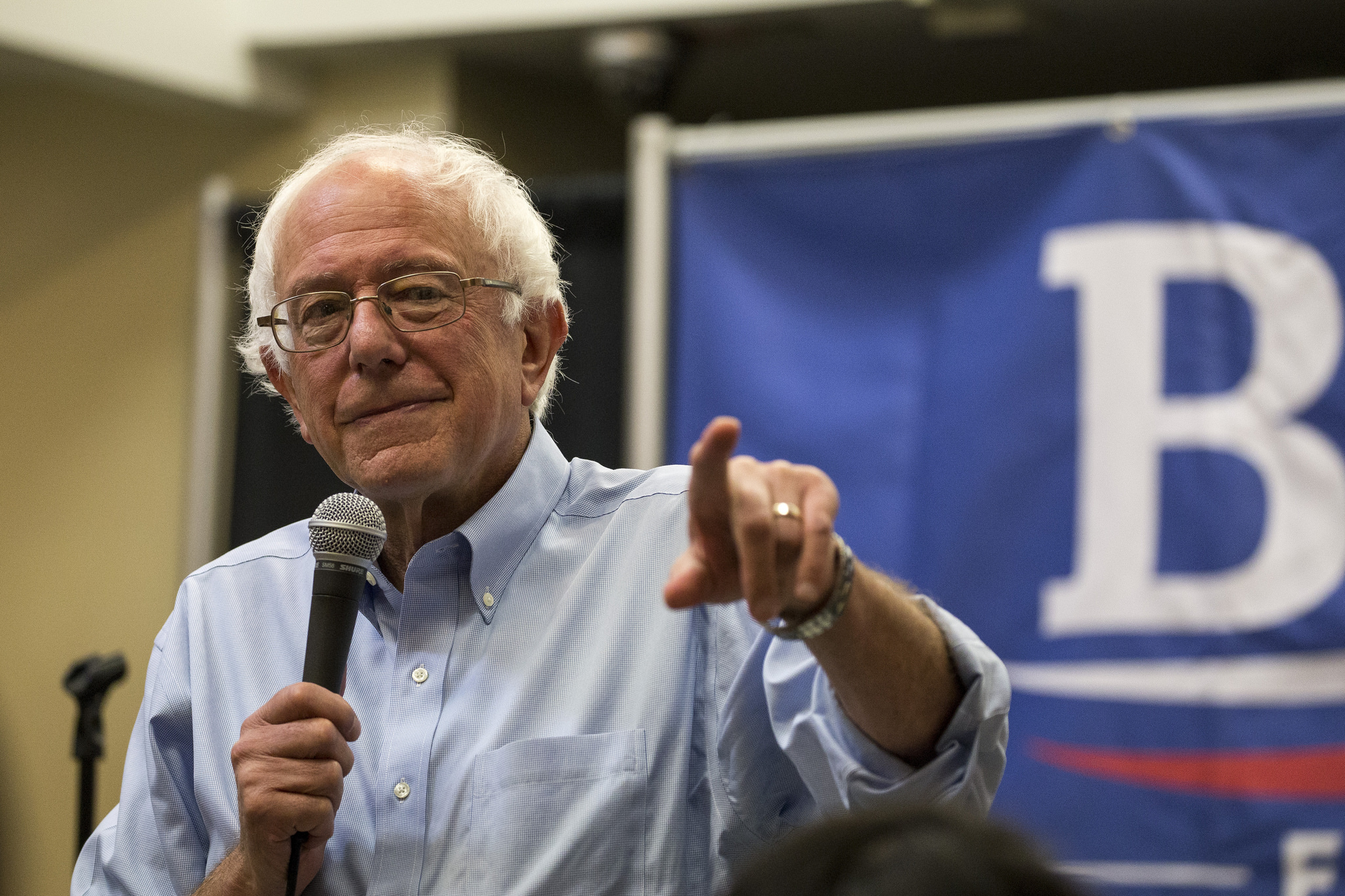
(Photo: Flickr / Phil Roeder)
In an era of seemingly endless commentary and online content, you could be excused for not digging into the 40-page prose that makes up the working draft of the Democratic Party platform. But you’d be missing out.
This year’s platform, while far from perfect, contains an abundance of bold progressive ideas to halt economic inequality in its tracks. It stands in stark contrast to previous platforms, especially those of the Bill Clinton administration.
Among the dense pages of the platform is an acknowledgement that inequality is rising and that one of the main drivers is our broken tax code. The opening of the tax section comes straight from Bernie Sanders’ playbook: “At a time of massive income and wealth inequality, we believe the wealthiest Americans and largest corporations must pay their fair share in taxes.”
It goes on to list a multitude of loopholes to close, including tax breaks for hedge fund managers, oil and gas companies, and offshore tax shelters. The plan also includes a multimillionaire surtax and a commitment to restore a fair estate tax. In a nod to the groundbreaking December 2015 New York Times exposé, it also vows to “shut down the ‘private tax system’ for those at the top.
The draft includes commitments to spend revenue from these tax changes to rebuild our nation’s infrastructure and invest in opportunity building for all Americans through initiatives like tuition-free higher education. This is in stark contrast to the 1992 Democratic Party platform when Bill Clinton first ran for office that said, ““We reject… the big government theory that says we can hamstring business and tax and spend our way to prosperity.”
The plan also includes a strong commitment to ensuring the long term viability of Social Security by lifting the cap on payroll taxes that enables millionaires to pay the same rate as those making $118,000. This is again in sharp contrast to 1992 which read, “We must also tackle spending, by putting everything on the table; eliminate nonproductive programs… reform entitlement programs to control soaring health care costs.”
On Wall Street, the 2016 platform doesn’t pull any punches. It calls for “a financial transactions tax on Wall Street to curb excessive speculation and high-frequency trading, which has threatened financial markets.” This is in sharp contrast to the 2012 platform that ignored such a tax and the Obama administration that has opposed it.
It also calls for breaking up the big banks if necessary and voices support for a modern Glass-Steagal Act.
The platform also acknowledges the racial wealth divide for what may be the first time ever, devoting four paragraphs to the issue. It is nonspecific in its policy prescription for this social ill, but commits to “close this racial wealth gap by eliminating systemic barriers to wealth accumulation for different racial groups and improving opportunities for people from all racial and ethnic backgrounds to build wealth.”
The platform comes up short on other fronts, as many have pointed out, on issues of trade and climate. A full-throated opposition to the Trans-Pacific Partnership has not yet made it into the text, nor has support for a carbon tax, or a $15 an hour minimum wage.
The draft is provisional until it is ratified at the Democratic Convention in Philadelphia, so opportunities still exist for adding important provisions.
